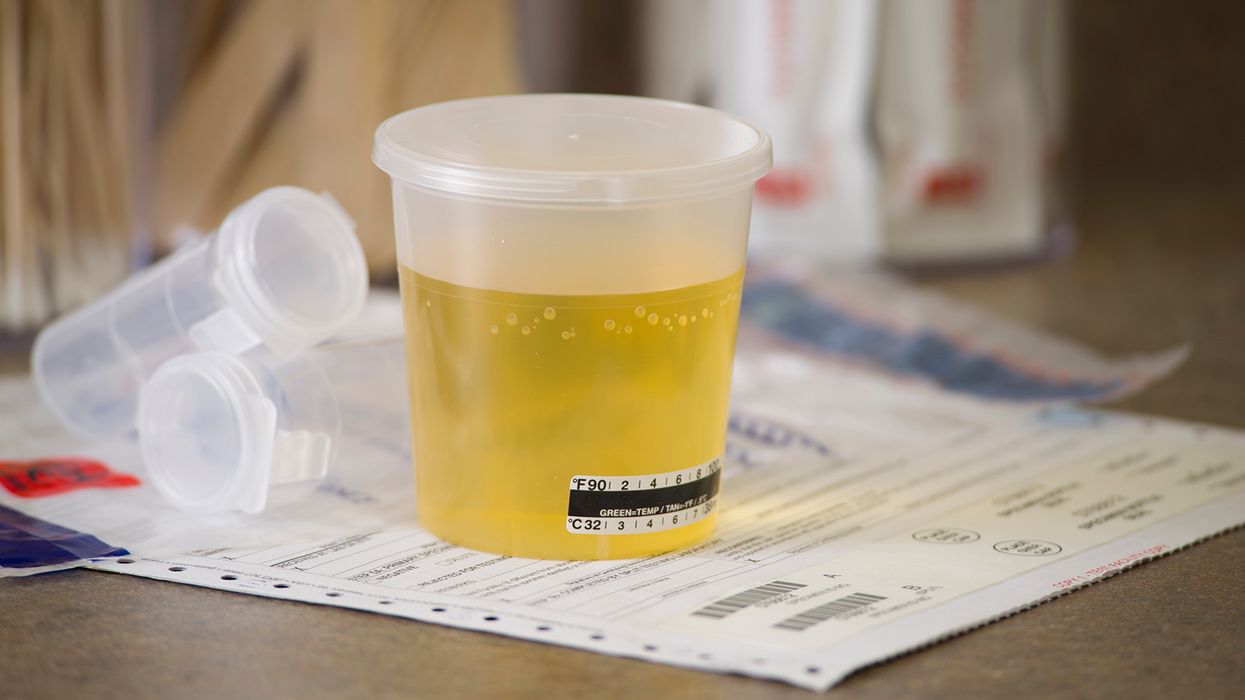What to do if you receive a discrimination charge from the EEOC
The U.S. Equal Employment Opportunity Commission (EEOC) received 73,485 new discrimination charges in fiscal year 2022, according to the annual performance report released by the agency on March 13.
That’s an increase of nearly 20 percent compared to fiscal year 2021.
What is an EEOC charge?
A charge is a complaint of discrimination, not a determination that discrimination has occurred. Many charges are dismissed. Other charges are resolved through mediation.
In 2022 however, 91 discrimination charges filed with the EEOC resulted in lawsuits.
In total, between mediated charges and the lawsuits, the EEOC secured more than $513.7 million in monetary relief for more than 38,000 victims of employment discrimination in fiscal year 2022.
What should employers do?
Given these numbers, employers should be concerned, but not panic, if an EEOC discrimination charge notice is received. Here is what the agency says you should do if you receive a charge notice:
- Review the charge notice carefully. The EEOC “Notice of a Charge of Discrimination“ informs you that a complaint (a “charge of discrimination” or a “charge”) has been filed against your business. It does not mean that you have violated the laws that the EEOC enforces.
- Follow the directions on the EEOC charge notice. The notice may ask you to provide a response to the charge (a “position statement”). This is your opportunity to explain why the claims in the charge are incorrect or not illegal.
- You are not required to hire a lawyer to help you draft a position statement or otherwise respond to a charge of discrimination. However, at any point in the EEOC charge process, you may do so.
- Consider EEOC mediation. Work to resolve the charge quickly and confidentially, at no cost.
- Respond to requests for additional information from the EEOC. Even if you believe that the charge is frivolous, an EEOC investigator may request documents, interviews, a conference, or an on-site inspection. The information you provide may lead the EEOC to dismiss the charge.
- If you need additional time to respond, or if you have questions or concerns about the type or amount of information that the EEOC has requested, contact the investigator assigned to the charge. The EEOC may grant you an extension or modify the information request, depending on the circumstances.
- Protect employees from retaliation. Ensure that the employee is not punished for filing the charge and ensure that employees are not punished for participating in an investigation.
- Retaliation is illegal, even if the EEOC concludes that the charge of discrimination does not have merit.
- Retain relevant documents. If you are not sure whether a document is relevant, ask your investigator.
- Contact the EEOC investigator. If at any point you have questions, reach out to the investigator assigned to your charge.
Key to remember: The EEOC advances opportunity in the workplace by enforcing federal laws prohibiting employment discrimination. An employer that receives a charge notice from the EEOC should take it seriously, but not panic.




















































